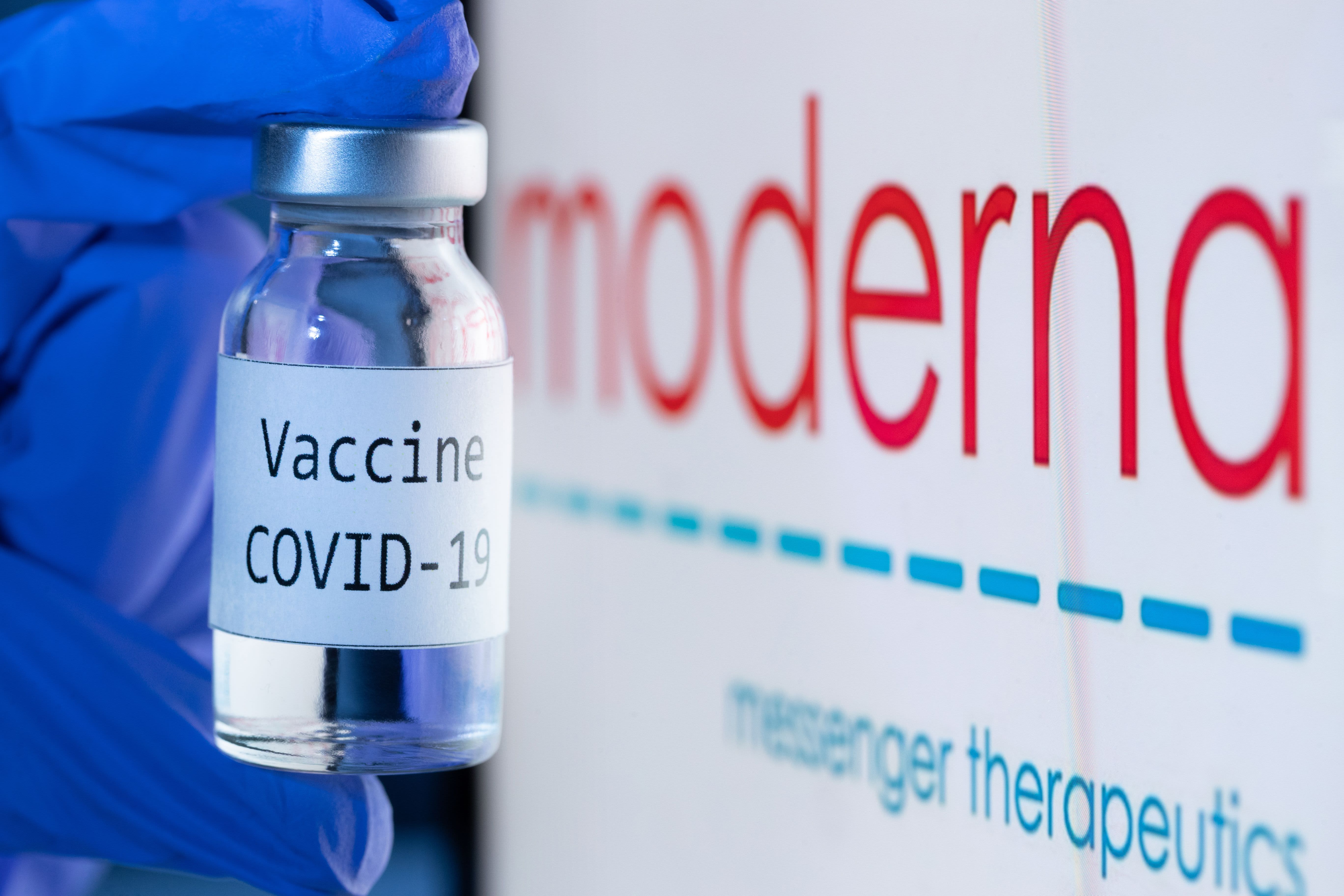FDA staff recommends watching for Bell’s palsy in Moderna and Pfizer vaccine recipients

Joel Saget | AFP | Getty Images
U.S. Food and Drug Administration staff recommends monitoring people who get Pfizer or Moderna’s Covid-19 vaccine shots for possible cases of Bell’s palsy, saying it’s not necessarily a side effect but worth watching out for after a handful of trial participants got the condition, which causes half of your face to droop.
A 54-page staff report released Tuesday said there were four reported cases of Bell’s palsy among Moderna‘s more than 30,000 clinical trial participants. Three of the participants who got Bell’s palsy also received the vaccine instead of a placebo shot. Pfizer’s trial similarly had four reported cases of Bell’s palsy out of some 43,000 participants. All four Bell’s palsy cases in Pfizer’s trial got the vaccine and not the placebo.
The staff, which endorsed the emergency use of Moderna’s coronavirus vaccine, said there wasn’t enough data to tie the cases directly to the shots, but it warranted close scrutiny going forward. Two of the cases of Bell’s palsy among Moderna’s vaccine group have since “resolved” while one was still ongoing at the time of the report, the FDA staff said.
Bell’s palsy causes a sudden freezing or weakness in a person’s facial muscles that’s temporary for most people, according to the Mayo Clinic. The exact cause isn’t known, but it’s believed to come from either a viral infection or swelling and inflammation of the nerve that controls the muscles on one side of your face, the Mayo Clinic said.
“Currently available information is insufficient to determine a causal relationship with the vaccine,” the agency wrote.
The FDA’s Vaccines and Related Biological Products Advisory Committee meets Thursday to review Moderna’s vaccine. It endorsed Pfizer’s vaccine a week ago, before the FDA granted formal authorization Friday to begin distribution. Health-care workers lined up at locations across the U.S. to get some of the first injections of Pfizer’s vaccine Monday.
Paul Offit, a voting member of the FDA’s Vaccines and Related Biological Products Advisory Committee, agreed that the condition is worth monitoring as the vaccine rolls out. He voted in favor of recommending Pfizer’s vaccine last week.
“I’m not dismissing that yet,” he said in an interview with CNBC.
When Merck submitted its data from its rotavirus vaccine trial, there were five cases of Kawasaki disease but none in the placebo group. That was “statistically significant” and caused Merck to change its label to note the cases.
While there was a small imbalance of cases in the vaccine group compared with the placebo, the FDA said it’s not certain whether the drug contributed to the paralysis “because the number of cases was small and not more frequent than expected in the general population.”
“There were no other notable patterns or numerical imbalances between treatment groups for specific categories of adverse events, including other neurologic, neuro-inflammatory, and thrombotic events, that would suggest a causal relationship to the Moderna COVID-19 vaccine,” FDA staff wrote in the documents.
The FDA’s guidance for Moderna’s vaccine issued Tuesday was similar to its recommendations for Pfizer’s vaccine last week. U.S. Centers for Disease Control and Prevention officials said Pfizer’s vaccine doesn’t appear to cause the condition.
— CNBC’s Berkeley Lovelace Jr. contributed to this report.
This is a developing story. Please check back later for updates.




